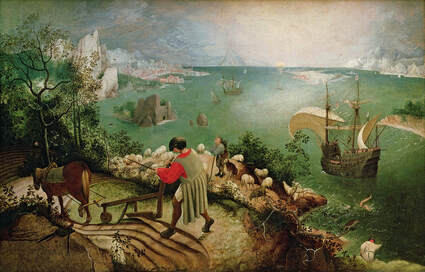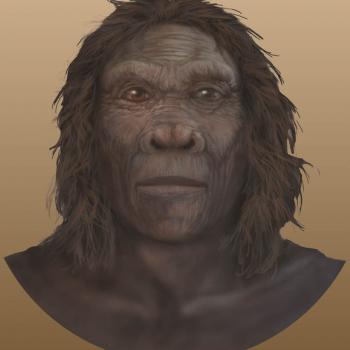Lord, I pray for the end of news because it’s always bad news. All right, not always bad. There’s always that smiling anchor who says, “…that was Gary So-n-So, reporting on the tragedy. In other news, a puppy that was lost miraculously returned to its owner today. That story next….”
So, I guess I should listen to the puppy stories. What psychological harm can they do?
Six of one and a half dozen of the other, as they say. If I listen only to the puppy stories, I risk not knowing the evil out there, the people, events, and actions that might negatively affect me. I’m just trying to be prepared, Lord. That’s okay, isn’t it? I think You want me to take care of myself, so knowing what’s going on is moral. Right?
Lord, I know. I’m justifying. I’m like every other addict. “What can it hurt?” I ask myself when I see the news. And then, even when I leave the room with the TV to get a cup of tea, I still hear those voices rambling on, and on, and on. Lord, please make it stop. It doesn’t stop. It comes from everywhere. It’s like the Cosmic Microwave Background, born with the beginnings of consciousness and permeating every corner of the Humanverse. It’s not my fault, is it? There was news before I was born. You were there at the beginning. Couldn’t You have done something to stop it, like not creating the possibility for news? Did You make news possible just to test me? To test all of us?
Is the news the reason for all religion? Did people long ago plead with You to make it stop? Is that why so many religions make peace their primary prayer? Certainly, there’s little peace to be found in the news. Is that request in Your prayer about delivering us from evil a mistranslation. Are the actual words, “deliver us from news”? How else will we live peacefully? Please help. I’ve tried, Lord, but there it is, everywhere I look, and when others suggest rehab, I do what all addicts do; I hide a newspaper, a TV, or radio in the drawer, in the closet, under the bed, behind the bush, anywhere, so that when others aren’t around, I say, “Well, just one story. What can it hurt? I’ll stop after this.”
Oh! The frailty, the weakness, the obsession. I can’t do this alone, Lord. Please help me. Have mercy. Please shut off the damnable news! Amen. Or, as the news anchor suggests, should I say “Amen and Awomen”?


 RSS Feed
RSS Feed